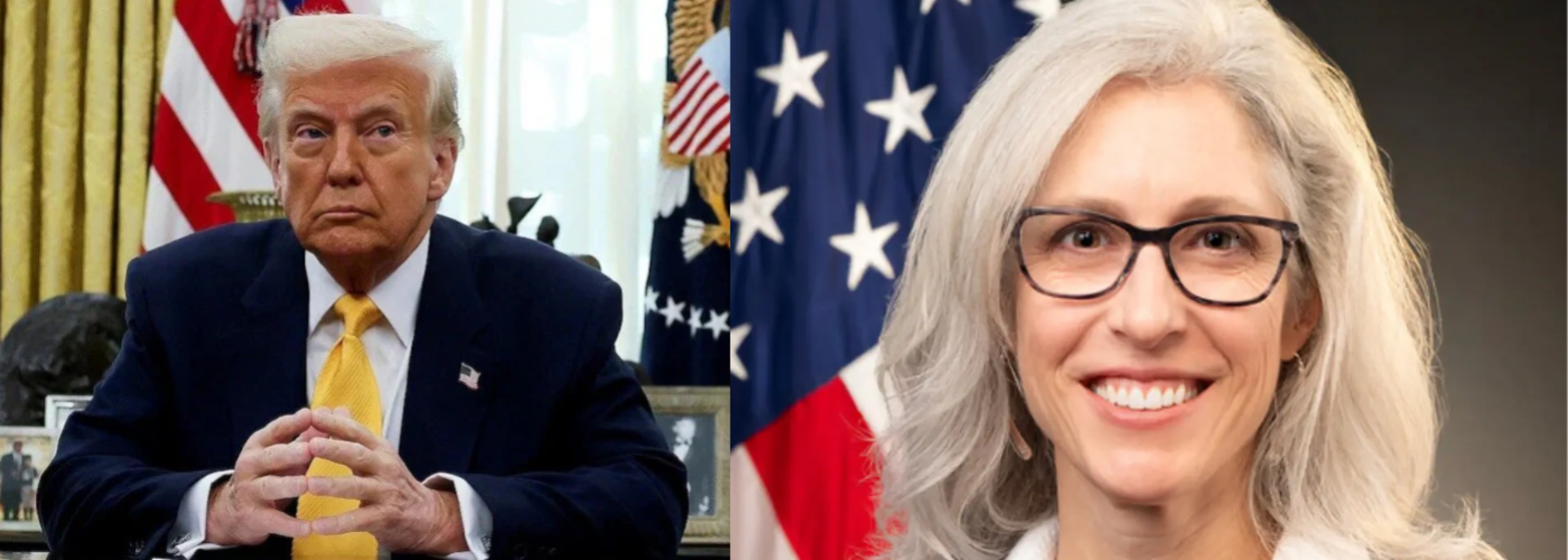How Susan Monarez's Appoint As CDC Director Can Change US Health Sector?

Credits: White House and CDC
SummarySusan Monarez’s CDC nomination signals leadership changes, public health challenges, and potential political influence over vaccine policies and agency decisions.
End of Article
